Thailand and the global crypto tourism trend
On August 18, Thailand officially launched the “TouristDigiPay” program, a groundbreaking initiative to revive the tourism industry that has been affected by the decline in international visitors, especially from China.
The program allows foreign tourists to convert cryptocurrencies such as Bitcoin, Ethereum, or stablecoins like Tether and USDC, into Thai baht for electronic payments, mainly via QR codes, at shops, restaurants and tourist attractions nationwide.
With a maximum spending limit of 500,000 baht/month (about more than 400 million VND) for large businesses and 50,000 baht/month for small shops, the program not only brings convenience to tourists but also promotes cash flow into the Thai economy .
The event is not only a strategic move to revive the tourism industry, with more than 20 million international visitors contributing about 940 billion baht to the Thai economy in the first eight months of 2025 - but also affirms the country's position as a regional digital financial hub.
“TouristDigiPay” is expected to attract high-tech tourists and digital asset owners, thereby increasing spending and competing with destinations such as Japan and Vietnam.

Thailand is not the first country in Asia to use cryptocurrency for tourism. Bhutan has pioneered a national-scale crypto tourism payment system, allowing tourists to pay for everything from airline tickets, visa fees to small transactions like buying fruit on the roadside through a partnership with Binance Pay.
The system integrates more than 100 cryptocurrencies and is accepted by more than 100 local organizations, benefiting both tourists and small service providers in rural areas. As of early April, Bhutan held more than $600 million worth of Bitcoin, accounting for 30% of the country's GDP.
Globally, policies regarding cryptocurrencies have also made significant strides.
In the US, cryptocurrencies are considered taxable assets, with strict regulations from the Securities and Exchange Commission (SEC) and the Financial Crimes Enforcement Network (FinCEN). However, some states such as Wyoming and Texas have enacted blockchain-friendly laws that encourage businesses to accept cryptocurrencies as a means of payment.
In contrast, China maintains a tight control policy, banning cryptocurrency transactions from 2021, but strongly promoting its national digital currency (e-CNY) with trials in many major cities.
In Southeast Asia, Singapore stands out for its progressive regulatory framework, licensing cryptocurrency exchanges and integrating blockchain into the financial system. Malaysia is also exploring blockchain applications in cross-border payments, while Indonesia takes a more cautious approach, requiring exchanges to register with the regulator.
These moves reflect a general trend: countries are looking to balance financial innovation and risk management to capitalize on the potential of cryptocurrencies.
Vietnam has the opportunity to become a regional digital asset center
In Vietnam, the digital asset market is becoming the center of attention as the legal framework for piloting crypto asset exchanges is expected to be issued in August 2025.
Under the direction of the Government, the Ministry of Finance is finalizing the Resolution on piloting the crypto-asset market, laying the foundation for a transparent and safe digital financial ecosystem. Accordingly, it will allow licensed organizations to operate crypto-asset exchanges, with strict criteria on charter capital (minimum VND 10,000 billion), level 4 information security and risk control and anti-money laundering processes.
The draft resolution defines crypto assets as digital assets that use encryption technology for authentication, used for exchange or investment purposes, but does not include securities or digital fiat currencies.
During the five-year pilot period, authorized organizations will provide services for issuance, custody, and trading of crypto assets, prioritizing assets tied to real assets to ensure transparency and minimize risks. Only foreign investors and Vietnamese individuals and organizations that own crypto assets will be allowed to participate, with clear regulations on rights and responsibilities.
The GM Vietnam 2025 event, held on August 1-2 in Hanoi, affirmed Vietnam's digital transformation aspirations. With more than 20,000 attendees and hundreds of international speakers, the event emphasized the role of blockchain and digital assets in the digital economic development strategy.
Deputy Governor of the State Bank of Vietnam Pham Tien Dung said that Vietnam has established a legal foundation for digital assets through three important milestones: Resolution on international financial center, draft resolution on piloting crypto asset trading floor and Law on Industry and Digital Technology. These steps not only demonstrate strategic vision, but also concrete actions to integrate with global trends.
Enterprises such as SSID or MBB are actively preparing for the pilot phase.
According to Triple-A’s 2024 report, Vietnam will have about 20 million digital asset owners. This is a market with huge potential. However, challenges in cybersecurity and monitoring capacity still require close coordination between management agencies and businesses.
It can be seen that Vietnam is facing the opportunity to become a regional digital asset center. If successful, the digital asset market can bring in billions of dollars in revenue, promoting the digital economy and international integration in the next decade. However, this is also a new field, requiring high technology and posing many risks.

Source: https://vietnamnet.vn/thailand-for-du-khach-thanh-toan-bang-tien-dien-tu-viet-nam-truoc-co-hoi-ty-usd-2433356.html






![[Photo] Closing ceremony of the 18th Congress of Hanoi Party Committee](https://vphoto.vietnam.vn/thumb/1200x675/vietnam/resource/IMAGE/2025/10/17/1760704850107_ndo_br_1-jpg.webp)





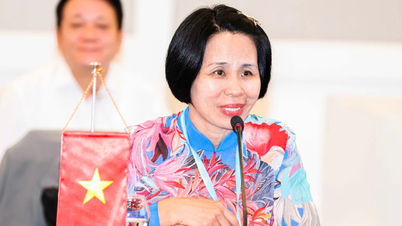














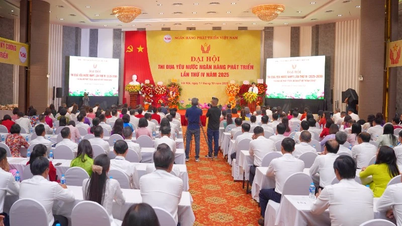






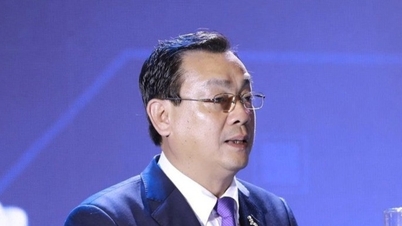
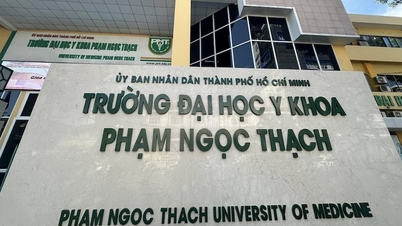



![[Photo] Nhan Dan Newspaper launches “Fatherland in the Heart: The Concert Film”](https://vphoto.vietnam.vn/thumb/1200x675/vietnam/resource/IMAGE/2025/10/16/1760622132545_thiet-ke-chua-co-ten-36-png.webp)





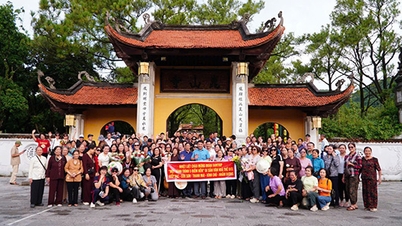
















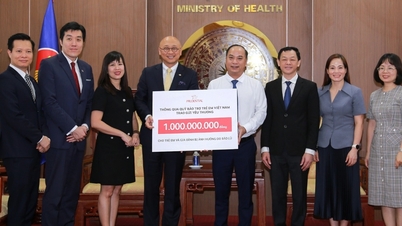












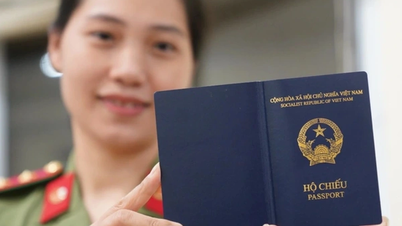
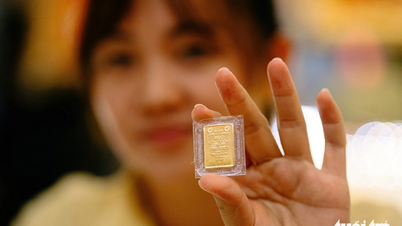




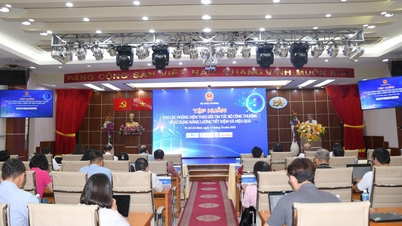



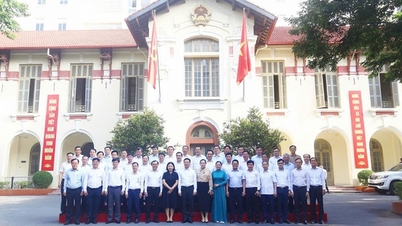





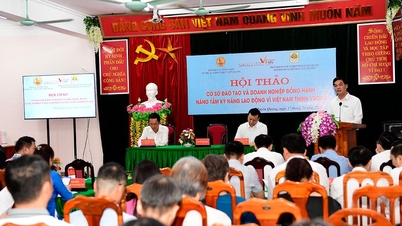

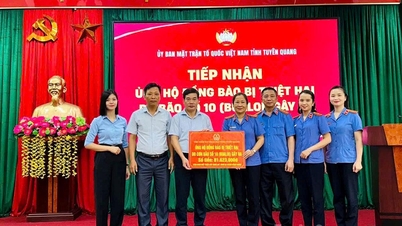

















Comment (0)